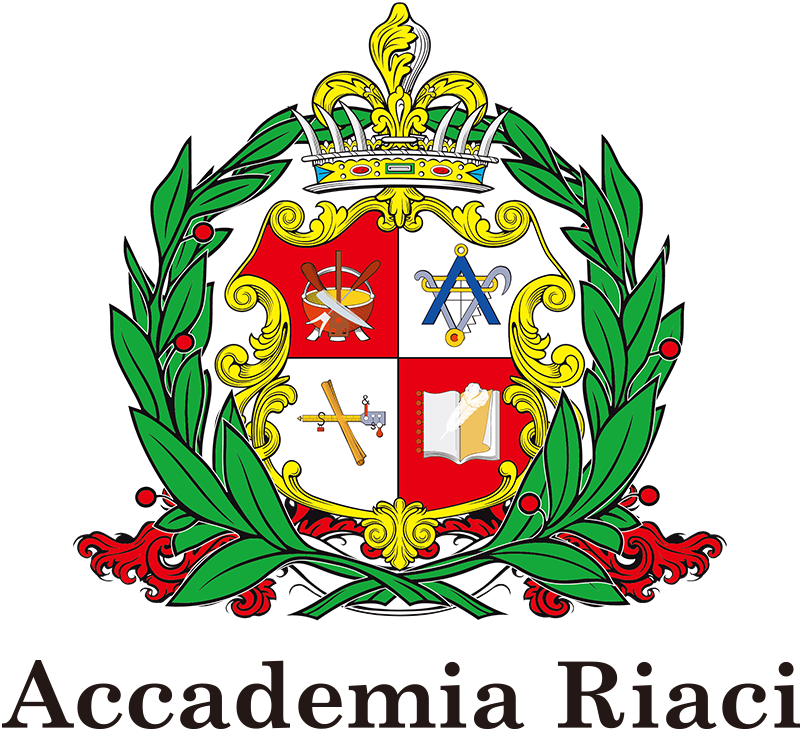Accademia Riaci and Florence

- Map
- About Florence
Map
Florence boasts its worldwide fame as the cradle of the Renaissance movement, which flourished under the reign of the great protector of numerous artists in the city: The Medici Family. With their support, a miriad of timeless artistic giants and their footsteps of pure human legacy were nurtured, expanded, and given a chance to bloom to its heights. Stroll down the picturesque medieval town of Florence – anyone will smell the fragrance of the glorious Renaissance era, still present in every corner you turn.
View Larger Map
About Florence
Wavy mountains and beautiful coastlines; gentle hills stretch through vineyards and olive trees, creating and enchanted, picturesque, pastoral scenery of Tuscany that has never ceased to charm the travelers since ancient times. Florence is located in the central cities in beautiful Tuscany.
In the streets of Florence, there are numerous precious cultural legacies scattered throughout the city with the ambience of its past and present fused together, giving a travelers for a moment, an illusion of wondering into a segment of history.
History of Florence
Tuscany was initially inhabited by a tribe higl rich in culture, said to be the ancestors of today’s Italian people, between 10th and 8th century B.C. By 11th century A.D., Florence later transforms itself into one of the most important city-states after the occupation by the Roman Empire, followed by the ancient German invasion. By then, significant artistic movements occured that helped culture the Artistic Giants that later emerge in the 13th Century, such as Chimabue, Giotto and Dante.
In the early 12th Century, Florence became a self governed city-states commune, and later in 14th Century, inspired by realism and the modern human-centered spirit , the people started questioning the way of the medieval Christian world. This greatly influenced the decline of the absolute authority and power of papacy. In consquence, the Renaissance movements were the first to flourish in Florence, nurturing a miriad of the greatest artists and geniuses of all times, while the city enjoyed the age of unprecedented prosperity and peace under the political leadership of the Medici family.
Although Florence temporary becomes a republic state between 1494 and the Medici family soon regained the power, with Cosimo I appointed as the first grand Duke of Tuscany in 1570, celebrating the city’s “Golden Age.” Yet the regin does not last – the throne is taken over by Prince Loreine of Austria Upon the death of the last Medici Family Member.
In 1860 when the ‘Risorgimento’ movement grew throughout Italy, the first unification of Italy was carried out under the reign of Vittorio Emanuele II. Florence served as Italy’s capital city since 1986 for five years.
However, ever proud of its rich culture even after the unification movement and supported by the “campanilismo” feeling (patriocy for one’s home town), Florence has defended and conserved all of their unique culture and rich traditions. defends her own unique culture and the tradition. In fact ijust like in any other region of Italy, Florntines are especially famous for boassting bout their home town. A chronicle writer, Dino Compani who lived in the same era as Dante, praised his country, saying “The air is fresh, the manners and hospitality of the residents are extraordinary, women are beautiful, well dressed, and the residencial homes are especially beautiful.”
- Map
- About Florence

